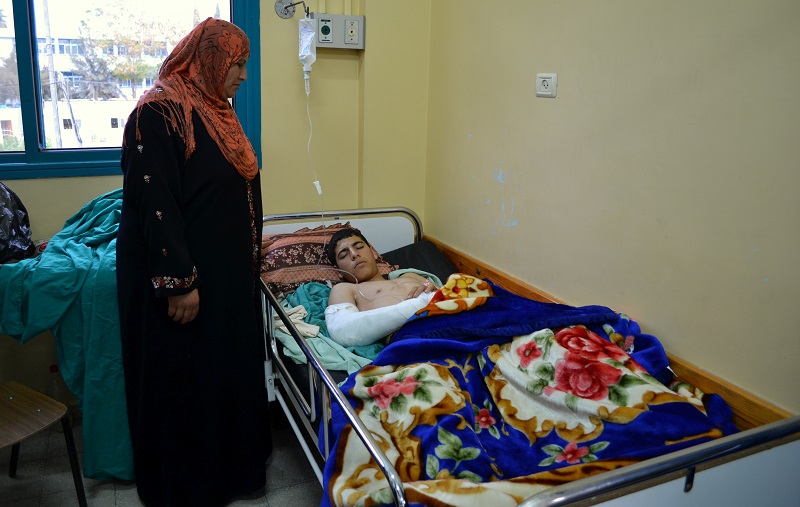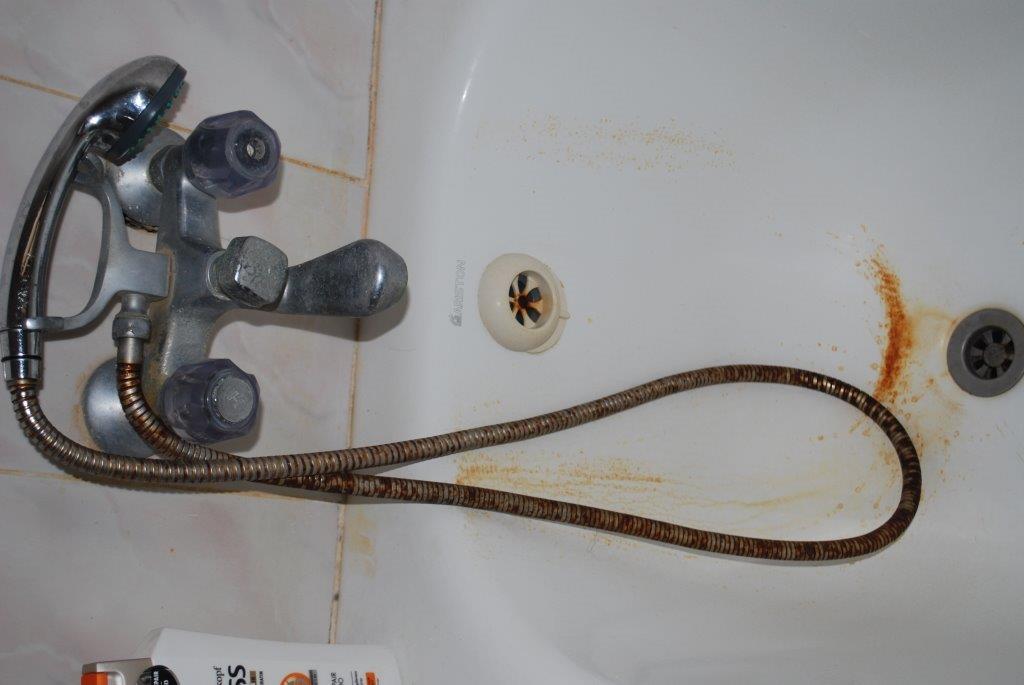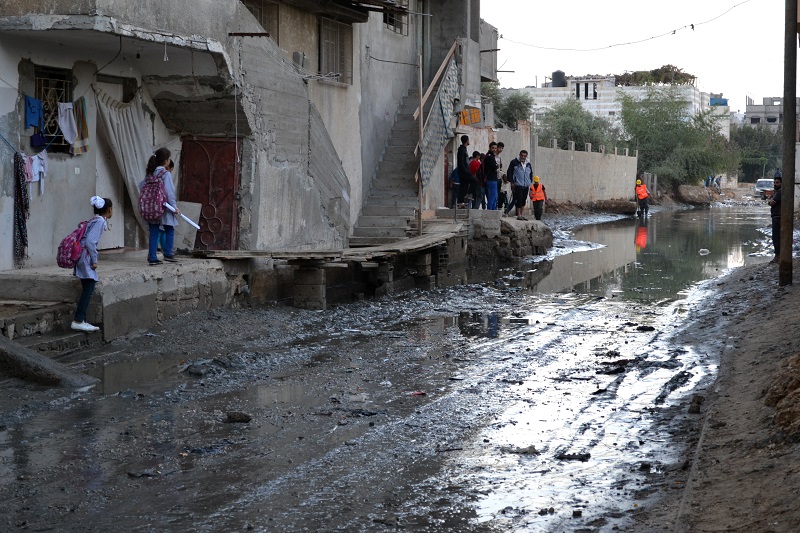Category: Gaza
-
Israeli gunfire wounds a Palestinian and injures a child in a resulting accident
25th November 2013 | International Solidarity Movement, Rosa Schiano | Gaza, Occupied Palestine On the afternoon of Friday, 22th November 2013, Mohammed Adel Afana, age 22, was injured by Israeli gunfire east of the Jabaliya refugee camp in the northern Gaza Strip. Adel Afana had gone there with friends. Each Friday, many Palestinians go to the…
-
The water in Gaza is not only water
22nd November 2013 | International Solidarity Movement, Charlie Andreasson | Gaza, Occupied Palestine I was just going to make dinner when I realized the filtered water in my tank was almost done. Perhaps it would be enough if I used the last of my bottled water. But then I would have nothing to drink with my…
-
Sewage flows in Gaza streets for 18 hours a day
21st November 2013 | International Solidarity Movement, Rosa Schiano | Gaza, Occupied Palestine The lack of electricity in the Gaza Strip is also creating an environmental crisis. Wastewater treatment facilities have stopped due to the lack of fuel. In the Zeitoun neighborhood, in the east of Gaza City, a sewage pumping station has stopped working…



